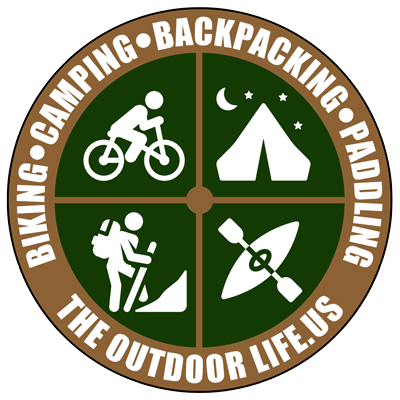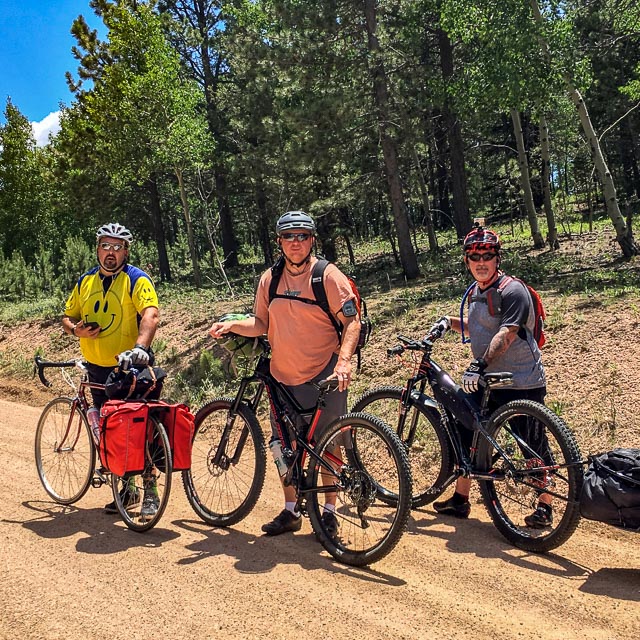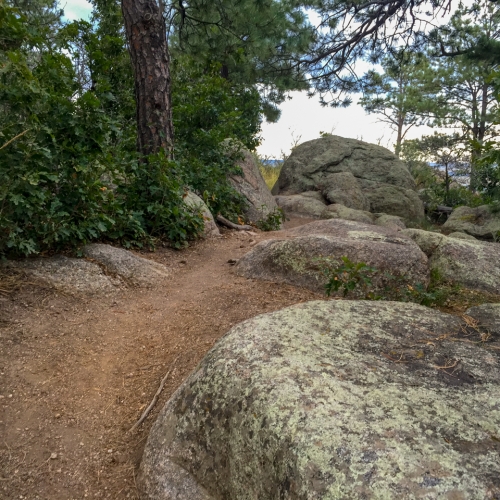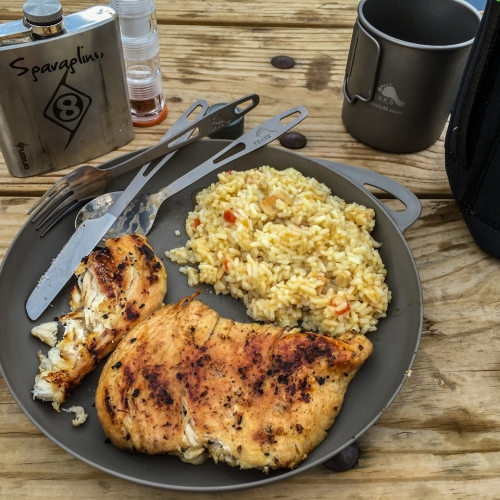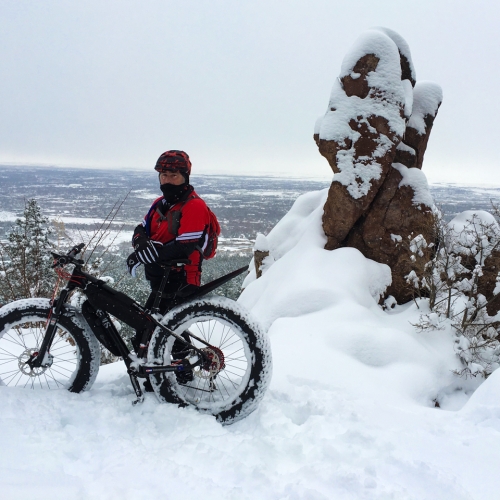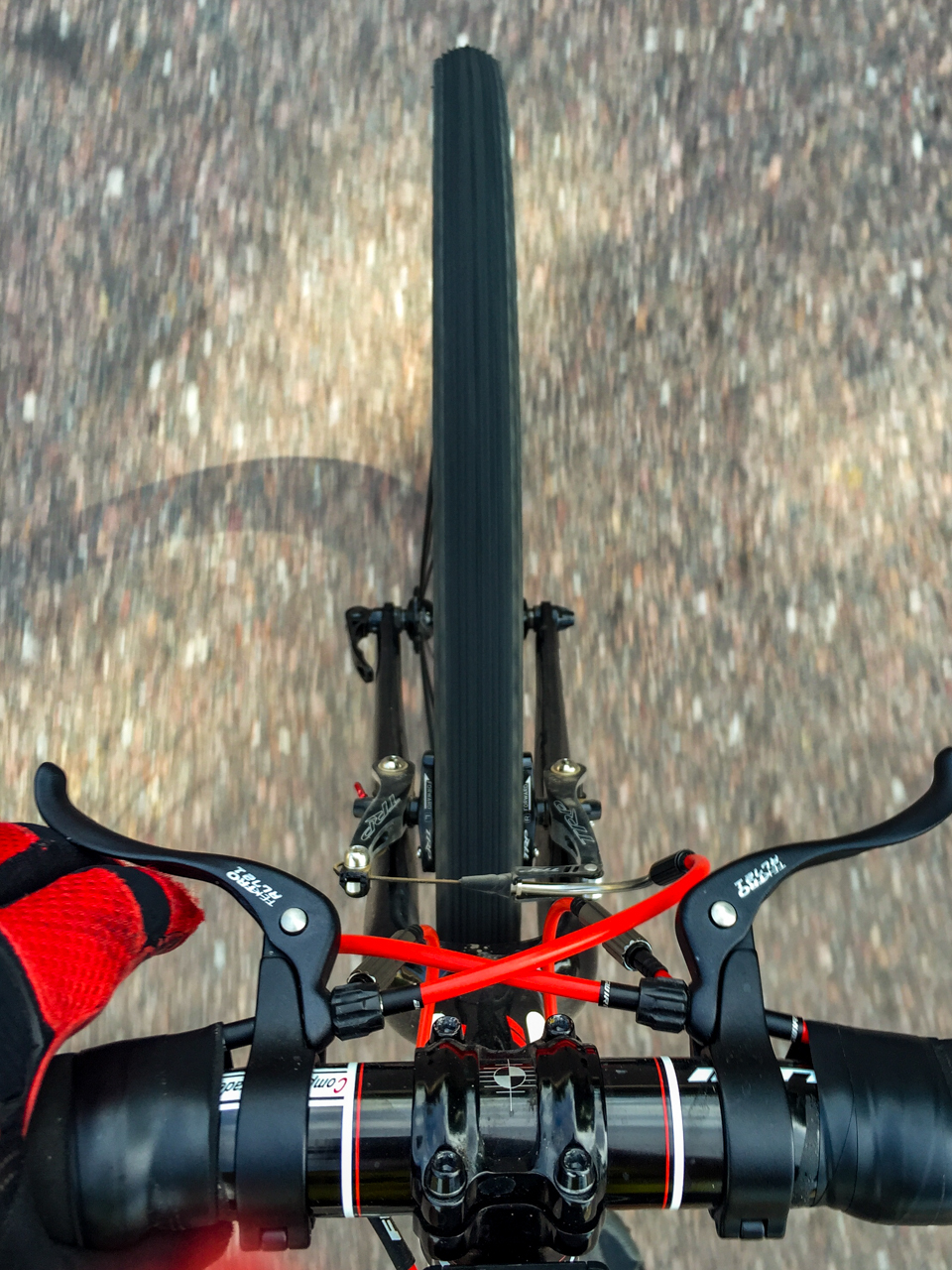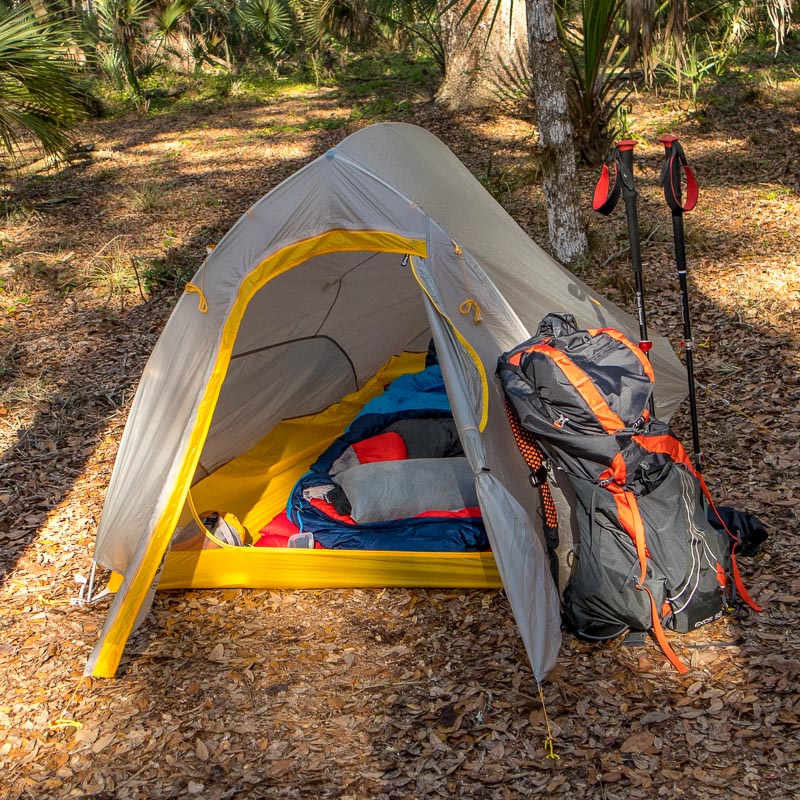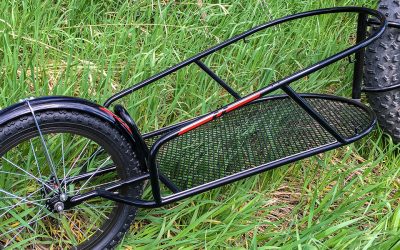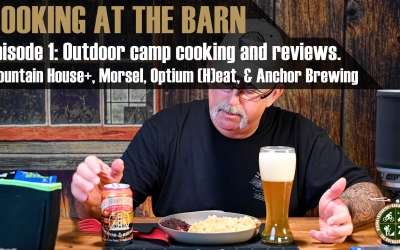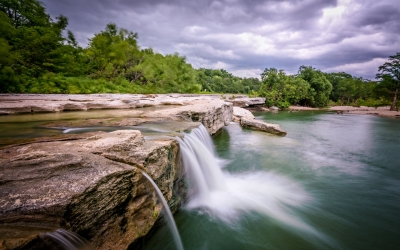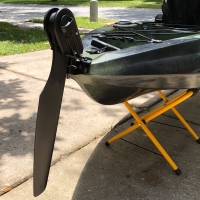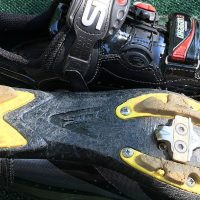
Camping & Traveling by Bike
Bikepacking on the road or in the mountains, it's always an adventure!
Bikepacking offers a unique way for solo and group adventure junkies to find and access new places, meet new people, and encounter new personal challenges anywhere in the world. There is no feeling like bombing down an epic mountain while the world around you turns into a blur. Of course, bikepacking isn't all downhill; it also presents the intrepid explorer with several unique challenges to overcome. Weather on a single overnight trek in the woods or peddling several hundred miles throughout a couple of weeks, there is something for everyone of all fitness and skill levels. Here's a quick look at some of the benefits and challenges of seeing the world on two wheels under your own power.
Why bikepacking is the best way to see the world
Everyone can relate with someone with a bike, they make you more approachable: Just about everyone has had or currently has a bike. Even more so than their first car, one almost always remembers the feeling of exhilaration they felt the first time they rode without training wheels! The freedom of exploring a much bigger world that their first bicycle offered them. On your first bikepacking trek, you can expect to be greeted with excitement and curiosity by complete strangers each day of your trip. People will want to know where you are going, where have you been, how much your bike and gear weighs, where did you sleep last night and more. Behind every question, you will find a mixture of respect and disbelief as well as the nagging sometimes unspoken thought - "I wonder if I could do that" from your inquisitors. You might even inspire a small few who may want to give it a try, making life long friendships in the process.
Personally, I have met some fantastic people on the and off the trail, shared food and stories from treks past - all drawn to me by the site of my loaded bike and trailer. Outside a local burger spot, my helmet sitting on the table, people are compelled to ask and fascinated by the answers. If you like meeting people, touring by bike is the very best way to see and meet the world around you.
Traveling by bicycle is exceptionally inexpensive. It's mostly true, and you don't have to have the most expensive carbon fiber rig to get around; you would be surprised how functional a $300 department store bike can be. When you travel by bike, you save on housing, gas, tools, insurance, parking, vehicle maintenance and a host of other fees that the typical tourists end up paying. With low-cost campsites available around the world, costs can be less expensive than for people who travel by car or RV needing huge lots and utility services. For anyone traveling on a budget, a bike is the most affordable and best way to get around and see the world.
Bikes can go where cars can't, trails, lots of trails (dirt & paved) to get you to your destination much differently than when in a car! Even bike travel on the road is very different and is becoming more and more accessible every year. Many states and cities are particularly well suited for bike travel with many paved long-distance bike trails, and bike-friendly routes that have been developed. Colorado Springs, CO is an example with over 300 miles of paves trail access to keep you away from any cars. The "Rails to Trails Conservancy" in particular works to convert old unused train and canal grades into multi-use trails perfect for cycling. The RTC has more than 23,000 miles of rail-trails crisscrossing the countryside from coast to coast, and another 8,000 miles of rail-trails ready to be built - all right here in the great US of A!
Slower speed, means more to see and experience: In a world where vehicle speeds are getting faster, and walking is just too slow, traveling by bike moves at just the right pace. Seeing the world at 10mph gives you time to notice the little things that get lost in the blur from inside a car. You can see more, smell more, and hear much more than you would otherwise. When you happen upon something really cool - like a bunch of Elk standing in a meadow - you can just roll off the side of the trail, stop and watch them for a while. You'll quickly understand what it is like to slow down a bit and enjoy your surroundings just a little bit more.
There's the physical fitness aspect of getting in better shape: Probably the most apparent benefits of cycling is better fitness. On a trek you will ride anywhere from 20-60 miles a day - maybe, even more, as you get in the groove - and even when you are not riding you will spend more time walking from place to place. You sleep better, get more fresh air, all while burning off thousands of calories.
Yep, bikepacking is a hell of a great way to see the world or even your own local stomping grounds uniquely and extraordinarily. Before you start packing your panniers or trailer, there are a few disadvantages to traveling by bike to think it over before deciding if bikepacking is right for you.
A few things to consider
You will cover less ground each day: Be realistic in your expectations and planning. Bikepacking tends to be laid back affairs, more about enjoying the journey rather than the destination. While some cyclists do put in very high mileage days, for most, the joy of riding and seeing the world at a leisurely pace is what backpacking is all about.
You may do less: Especially for people on shorter tours. You will most likely take in fewer "touristy" sites. Part of this is because getting from place to place takes longer, and part of it comes from the fact that you may be tired by the end of the day. If you are already in great cycling shape, exhaustion will be less of a factor on all but the windiest or hilliest of days, but since the point of bikepacking is to ride a bike, overall you will have less time to spend on 'normal' tourist activities.
Not everywhere is set up for bicycle travel: While the roads in the US are becoming more bike friendly, and trails and bike routes abound, this is still the land of the car. In rural areas there may be long distances between towns and in the city traffic congestion and irritated or careless drivers can make cycling a challenge, to say the least. You best bet it to stick to the more rural and less traveled routes, even if it adds a few extra miles.
Security can be more of a concern: Bike theft is a reality, and when everything you need for your trip is on the back of your bike you are much more vulnerable. Theft becomes less of a problem in rural areas than in cities, and even in towns, a heavy, fully loaded touring bike is not a good opportunity for would-be thieves, as many don't make for an easy, quick grab and go target. Good locks and mismatched gear are great theft deterrents, but when everything you need to get through the day is strapped to your bike, some part of your mind will always be wondering if it is safe every time it's out of sight.
Bikepacking is more challenging than motorized travel: On a bike, everything has a potential impact on your day, sudden storms, hills, road closures, and wind can all change your plans in an instant, and delays that may change car travel plans by an hour or two may cost you a day of extra riding. Many experienced cyclists learn to just "roll with it" knowing that the unexpected is part of the journey, but if you have limited time for your trip, a long detour, foul weather, or broken gear could dramatically alter your plans or even end the journey prematurely.
Final thoughts
Find someone or someones to go with on your first trek. True friends are ones who overlook your failures and tolerates your successes - these are the people that you want on your first trek! Keep it simple, a one or two nighter at first. Bring realistic gear with you - and leave the kitchen sink at home. And remember, this is an adventure and is not about the destination, but the journey.
Everything that you use for Backpacking and/or Kayak Camping will work awesome for Bikepacking. Cooking equipment, camping gear, it all translates over to your adventures on your bike. See Kayak Camping below. If you don't have the gear that you need, consider renting it for your first couple of treks. This is a great way to try out the activity before sinking cash into equipment, I added an article below covering this topic.
The trailer vs. panniers debate has been ongoing for almost as long as people have been traveling on bikes. As with so many aspects of equipment choice for a cycle tour, there’s no right or wrong answer when it comes to choosing between a trailer or panniers for your next adventure. Personally, I prefer a trailer, as it takes the weight off my bike (making it more nimble) and places it behind and lower to the ground. I can carry larger gear that may not fit into a pannier, and it is the best choice when bringing along some camera or video equipment.
Additional resources
Refurbishing B.O.B. Yak Trailer
I’ve always wanted a B.O.B. Trailer, but for nothing more than running errands around town and hauling my video gear up in the mountains, stuff like that. I didn’t know how cool it would be to take Bikepacking.
Cooking at the Barn: Episode 1
If you are new to camping or just bored of the same old hot dogs and love cooking outdoors, then I will show you some tips & tricks to elevate simple meals and foods; I’ll make cooking easier, teach you how to control the flame, and heat on these small cook-sets.
Booking a Texas Campsite on Reserve America
Taking the confusion out of booking a site in a Texas State Park on Reserve America
